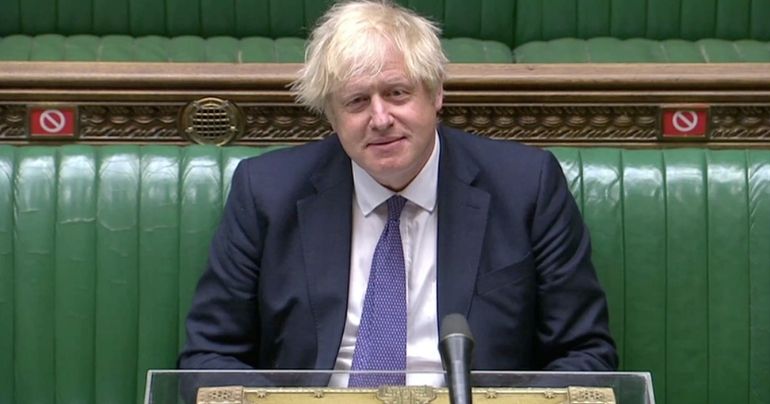Winning the bid for the FIFA World Cup 2020 was an honour not just for the country, but for the region. Qatar is currently preparing itself to welcome a global audience into its home for one of the most widely-attended events in the world. Qatar is undergoing a complete infrastructural makeover to cater to a global audience.
But there were concerns to whether in the process ethics were lost. But the Qatar government is always looking out for the best for the country and its people both resident and nationals. So lets see what these measures are:
A survey assessing the views and attitudes of Qataris and expatriates towards Qatar hosting 2022 FIFA World Cup has showed that an overwhelming majority of respondents have very positive views on hosting the mega sport event.
A huge majority of participants in the survey believes that hosting the World Cup will improve the living and job conditions of expatriate workers as reflected in the new laws and regulations issued by the government to protect their rights.
The survey showed that 97% of Qataris think the event will foster pride among Qataris and among residents and promote Qatar as a multi-cultural destination, said Buthaina Al Khelaifi, Senior Research Assistant at the Social and Economic Survey Research Institute(SESRI) at Qatar University.
The study titled “A survey of the views of Qataris and expatriates vis-à-vis the hosting of FIFA 2022 World Cup” was jointly conducted by SESRI, Qatar University and Department of Tourism, Recreation and Sport Management, University of Florida. Nine senior researchers from SESRI and two from the University of Florida took part in the study.
Overall 93% of people interviewed believe that the event will introduce Qatari culture to the world and 94% of the respondents think that it will provide residents a greater knowledge of other cultures and strengthen community bonds and cohesion, said Al Khelaifi in an exclusive interview with The Peninsula.
An overwhelming majority of respondents (99%) believe that hosting the event will help develop a sport culture in Qatar and create opportunities for volunteering. The survey indicated that nine out of ten respondents – Qataris as well as white-collar expatriates (91%) – believe that Qatar will host the event successfully.
When participants were asked about the impact of the World Cup on working conditions of blue-collar workers, Qataris were more optimistic. Overall, 91% of them agreed that working conditions of blue-collar workers will improve , as compared to 86 percent of white-collar expatriates who have the same opinion. However, 93% of white-collar expatriates agreed that the event will improve the work relations and create more employment opportunities.
Abolishing the kafala system:
Following widespread disapproval misused Kafala system by the sponsors, Qatar’s Govt. led by the Emir HH Sheikh Tamim has begun a reform process focusing on protecting worker’s rights and privileges from abusive sponsors. The Supreme Committee for Delivery & Legacy (SC) was specifically constituted to ensure the welfare of all workers involved with SC projects. In view of the ongoing work on various infrastructure projects of the FIFA 2022 World Cup and the media coverage that it invited, H H Sheikh Tamim bin Hamad Al Thani approved the changes in the Kafala system in October last year, the changes would be implemented in autumn of this year.
The law is with workers:
With respect to complaints raised about labour rights violations mentioned in the report have already been addressed, according to Qatar’s Government Communication Office, and the Supreme Committee for Delivery & Legacy confirmed that two of the contractors named in the report “are no longer eligible to work on future projects”.
last year, Qatar introduced electronic payment of salaries and created an appeal process for workers if employers do not sanction their leaving the country.
Now employees can switch jobs without getting a No-Objection Certificate (NOC) from their employers if the company fails to pay their monthly salaries within seven days of the due date, an official from the Ministry of Administrative Development, Labour and Social Affairs (MADLSA) has said.
A decision to this effect has been taken at the ministerial level and it will be implemented soon, the official said.
“The government wants all companies operating in the country to pay monthly salaries to their employees on time or in certain cases within seven days from the due date. If they fail to do so, employees of such companies will have the right to change jobs even if they have not completed the contract period,” the official said.
Despite implementation of the Wage Protection System (WPS) almost a year ago, the official said, some companies are yet to adopt it.
“The government is taking action to identify companies that are yet to implement WPS. Such companies will be blacklisted and lose the support of the government,” the official said.
To settle labour disputes within three weeks a new committee is being formed .”Earlier, labour disputes were settled in the court. Now, such disputes will be resolved within three weeks by the committee comprising members from MADLSA, Ministry of Interior, National Human Rights Commission and a judge of the court,” he said.
Any worker has the right to approach the committee with complaints against the employer.










